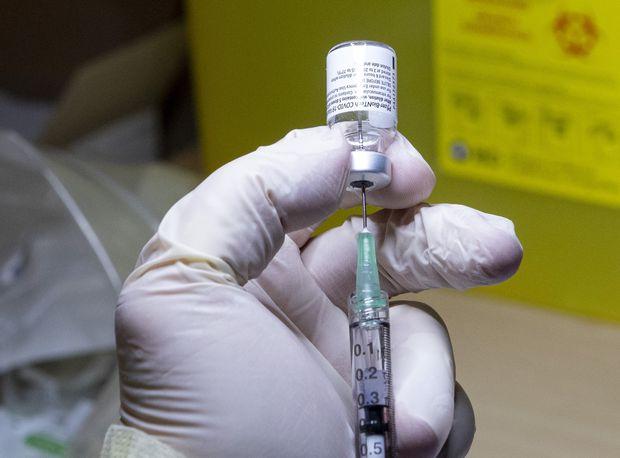Conservative MPs on the public accounts committee admonished pharmaceutical executives on March 23 for refusing to release unredacted versions of their companies’ vaccine contracts with the federal government.
“We are not asking for it for public release. We are asking for it so that the small group of members of Parliament—who have been charged with holding the government accountable in these areas—can privately review these documents and provide recommendations to the government,” Conservative MP Garnett Genuis told the executives.





